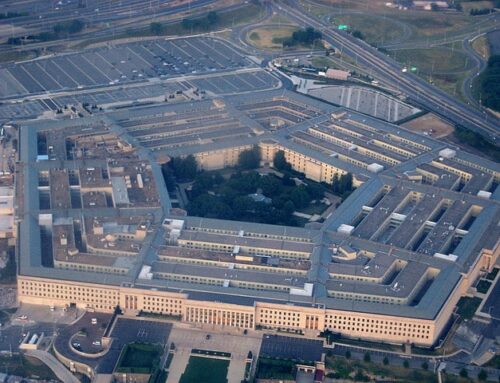Our men and women in the military face enough problems without dealing with faulty wiring, contaminated water and corroded ammunition. So how do these bungles happen, and what is the Defense Department doing to discipline those responsible? A recent round of Hill activity on wartime contracting suggests some troubling answers.
At Wednesday’s Senate Appropriations Committee hearing, Senator Byron Dorgan (D-ND) asked Army Contracting Command Executive Director Jeffrey Parsons how AEY Inc. , the infamous exporter of Chinese ammunition led by a 22-year-old masseur, was able to obtain a major Army contract despite its checkered contracting history. Parsons replied that because most previous AEY contracts were under $5 million, complaints never made it into the Past Performance Information Retrieval System (PPIRS), the DOD database used across the government to research contractor history. “That’s a flaw in the process,” Parsons admitted, stating that DOD would fix the database to include all contractors terminated for bad performance.
Parson’s concession may amount to little more than a gesture, however, since it turns out PPIRS has lots of flaws: A February report from the Defense Department Inspector General said the DOD component of PPIRS didn’t even contain minimum information on the contracts it currently covers. The report found that 39 percent of the contracts reviewed were registered more than a year late; 68 percent had performance reports that were overdue; and 82 percent of the past performance assessments lacked sufficient detail. The result is that government contracting officials “do not have all past performance information needed to make informed decisions related to market research, contract awards and other acquisition matters.”
Later in the hearing, Senator Patty Murray (D-WA) asked Deputy Secretary of Defense Gordon England whether DOD’s dependence on contractors compromised its ability to go after those that overcharge Uncle Sam or send him shoddy materials. Absolutely not, said England, since DOD has “auditors in place to catch overbilling.” Hours later, the Government Accountability Office released an investigation concluding that the Defense Contract Auditing Agency—the DOD office charged with tracking contract dollars—had been compromised by pressure from contractors.
The disturbing link between the two questions is that the oversight agencies cited by defense officials have been weakened by interference from the contractors they were established to watch. Efforts by groups such as the Project on Government Oversight to establish a government-wide contractor misconduct database have been stymied by contractor lobbying. And among the GAO's revelations is that an audit of a major aerospace company (later identified as Boeing) was changed after an executive threatened auditors with “escalation” upon learning his company would receive low marks.
Another DOD IG report distributed at the hearing said the GAO and defense department has released more than 300 oversight reports on U.S. operations in Afghanistan and Iraq since 2003. Unfortunately, all the ink in the Pentagon can’t create lasting change if contractors can control the pen.
Comment below or contact Laura Peterson at info@taxpayer.net.











Get Social